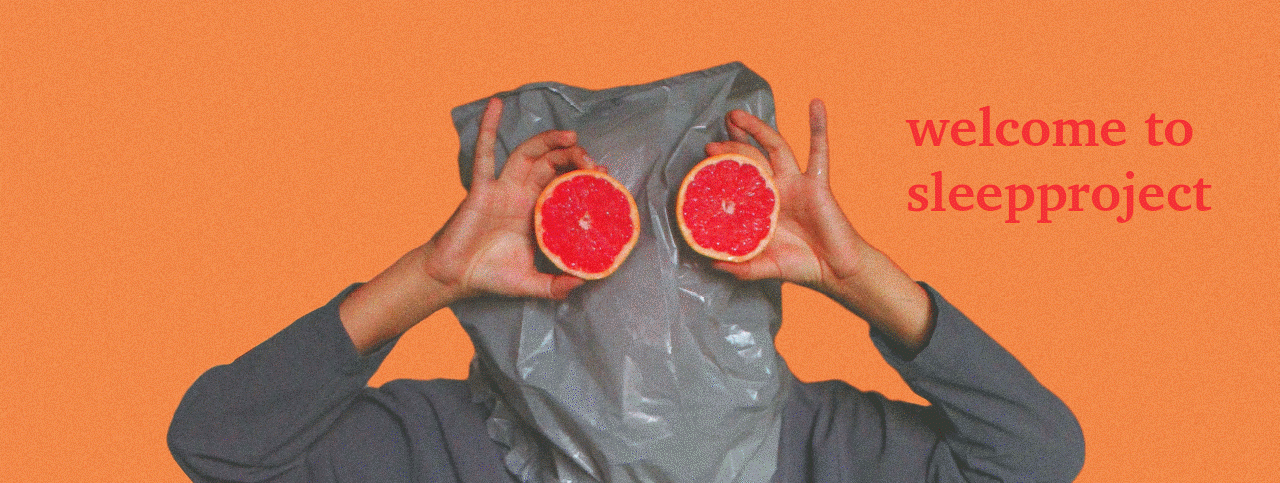
- Oleg Magni Pexels.com
Part one of this series is a blatant experiment in finding the thinnest comment on class and art you could imagine getting away with … Welcome to part two where we both start to figure out what I was driving at. By art I mean my striving to be creative through writing; by class I’ve just about implied that my personal circumstances include being a low earner from a non-wealthy background. By writing poetry I tried to assure myself that there was some artistic potential in my writing, even though I often doubted that this made me an artist, because my writing goal remained straight-up non-fiction. By eventually earning a decent salary (part-time) and having gone to university, I inevitably ensured that middle class people would read me as lower middle class rather than struggling-to-survive. The perspective that money was my nemesis only really took root when I had to give up my PhD. The problem was that my goals belonged to the middle-class but my means didn’t.
Throughout those years I had a poster on the corkboard near my apartment door telling me that all I needed to know in order to succeed was the truth that I was only the only thing in my way. Having to work 3-4 days a week in an exhausting job wasn’t stopping me from writing chapters. The energy required to be with my two kids fifty percent of the week wasn’t stopping me from doing the research. The routine emotional trauma of trying to reconnect with my kids when they got home from staying with their other parent for half the week wasn’t stopping me from performing clear-sighted objective analyses of the latest developments in critical studies of men and masculinities. No, I was stopping myself.
And Yes, all of that paragraph is an exercise in self-indulgent sarcasm for which I apologise to anyone who isn’t English (and who is still reading), if you are patiently wondering what the fuck I am trying to say.
I’ve heard it said enough times in conversation now, to see without doubt, that the new-age-enlightenment rhetoric of finding all demons within ourselves and healing them first, as a path to achieving what we really want from life – to achieving whatever we want from life – is deeply burdened with class dynamics. On the one hand, we can easily see from statistics and social reality that not everyone can become famous, rich, a celebrated artist or public speaker by simply freeing themselves from negative thought patterns. On the other hand, what we aspire to, what our dreams are made of, is deeply constrained by our class position in society. The individual who defeats the statistics of their social background in order to excel as their imagination chooses, is the exception that proves the rule. They are also the one who visibly succeeds where a far greater number has invisibly failed. And the most-loved of the insincerely meritocratic rich.
At the same time, if we ignore this invitation to look deep within ourselves we are far more likely to give in to the weights laid on our backs by those who profit from the labours of others. Even consuming the art (or success) of the poor becomes a sweet pleasure for the rich provided that there are still enough poor left over to keep their profit-generators running and wages low. Looking deep within ourselves first makes it impossible to ignore the truth of class oppression. Believing that cash-poor families and individuals are struggling because they haven’t faced their personal demons is even madder than believing they are poor because they have not worked hard enough.
I’m following a course from the book The Artist’s Way by Julia Cameron. It’s a handbook and a workbook for finding creative inspiration and the means to act on it: to create and enjoy creating for its own sake, and towards whatever artistic goals you have for yourself. It works. It’s clever and brilliant and enlightening. One key motif is to leap first and trust that the safety net will appear. The work involves digging out events and people who planted seeds of doubt and shame in you about wanting to make art (instead of doing a ‘real’ job?) It’s powerful and can be overwhelming at times.
As I struggle to deal with the emotional (and resulting physical) fallout from this deep-clean, I can see how exactly alike it is to the continuous emotional-physical cleaning out I have been doing through all the challenges and obstacles of the last twenty years. This book couldn’t have helped me then, because I didn’t yet have the permission to believe that art was what I could or should want to do in the first place. I didn’t know I had a ‘right’ to make art. My personal circumstances were not that kind of safe for me. You can’t leap off from an empty space.
Once I heard a white man in his sixties telling a friend on the train that his daughter had announced that she was going to be an artist. It would work out okay in the end he said, she was marrying a merchant banker.


